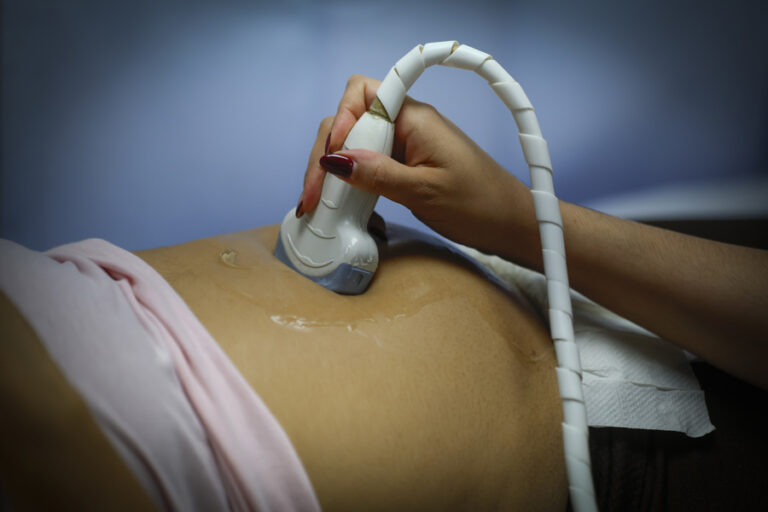
Bifidobacterium breve, may help support fetal growth!
Madrid, Oct 9 (EFE).-
A bacterium commonly found in the maternal gut, Bifidobacterium breve, may help support fetal growth and reduce embryo loss, according to an international study led by Spain’s Autonomous University of Madrid (UAM).

Published in the Journal of Translational Medicine, the research shows that this bacterium regulates the placenta’s endocrine function, particularly its ability to produce hormones that sustain pregnancy.
“This finding has important implications for maternal health and fetal development,” the university said in a statement.
Using experiments on germ-free mice, researchers found that colonizing the maternal intestine with Bifidobacterium breve increased production of metabolites such as lactate and taurine. The bacterium also boosted the expression of nutrient transporters and stimulated the synthesis of key hormones, including prolactins and pregnancy-specific glycoproteins.

At the molecular level, more than 400 placental proteins were affected, many involved in metabolism, cell growth, and hormonal regulation. These changes resulted in measurable benefits for the fetus, including improved growth, higher blood glucose levels, and lower rates of early embryonic loss.
“The study provides the first evidence that the maternal gut microbiota influences the hormonal function of the placenta,” the research said.
Across Europe, about 14% of pregnant women take probiotics, the study said. Females exposed to Bifidobacterium breve during pregnancy showed a lower rate of embryo mortality.

“If we can understand how gut bacteria work to support pregnancy, conditions (…) such as gestational diabetes, preeclampsia, or fetal growth disorders could be treated effectively and safely,” said lead author Jorge López-Tello, a researcher at UAM’s Faculty of Medicine.
The study was conducted in collaboration with scientists from the universities of Cambridge, Birmingham, and Cork, and builds on earlier work led by López-Tello exploring how the maternal gut microbiota affects fetal brain and liver metabolism. EFE

mad/bks




